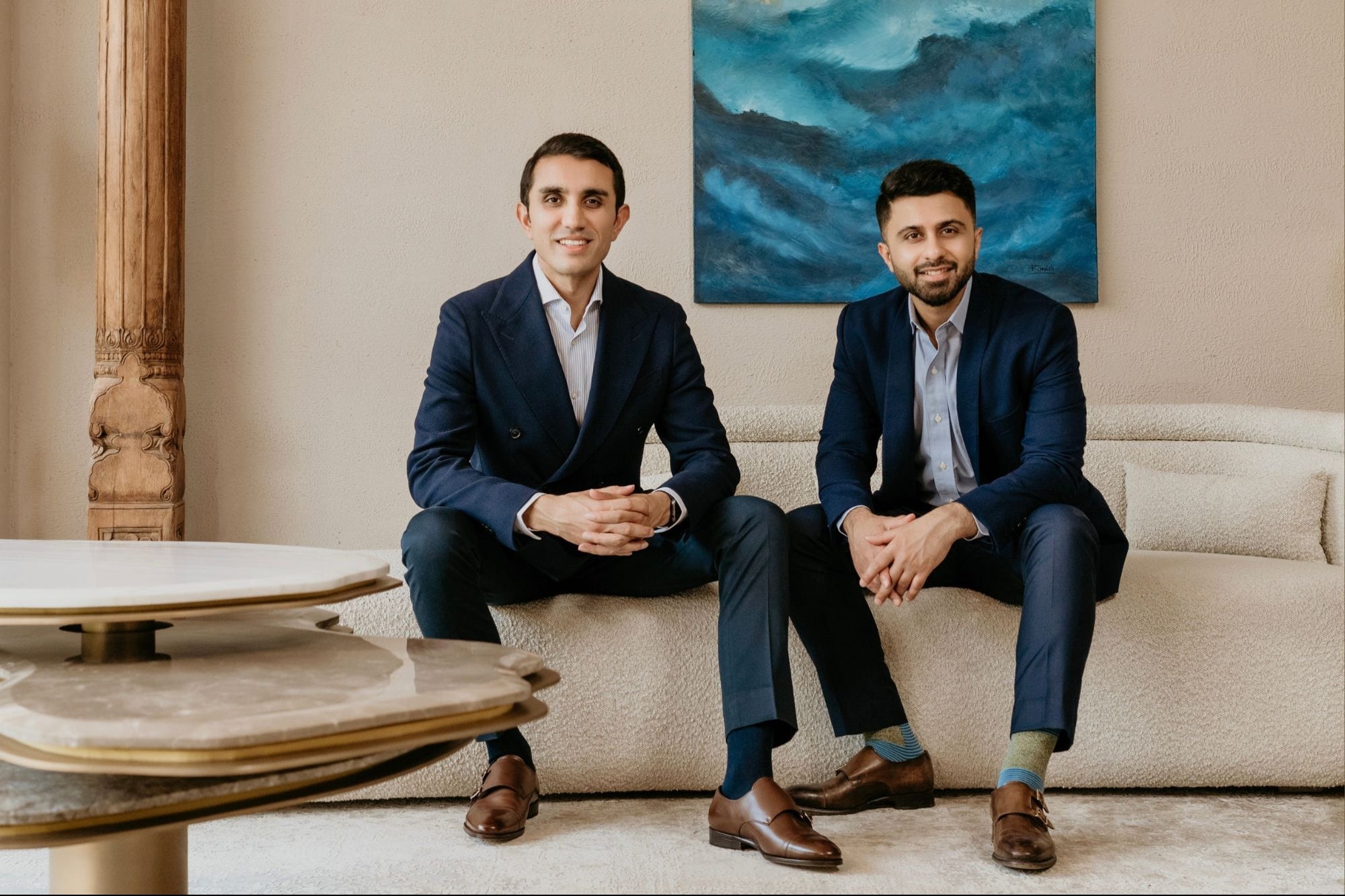Challenges of Modern Furniture Designing As the customer expectations rise, contemporary furniture making also needs to find solutions to the various challenges it is facing and important innovations they are bringing
Opinions expressed by Entrepreneur contributors are their own.
You're reading Entrepreneur India, an international franchise of Entrepreneur Media.

Furniture designing is an artistic niche that caters to both the functionality as well as aesthetic appeal of different types of furniture. Basic storage and comfort are no longer the only functions associated with new-age contemporary furniture. There is demand for accessibility to the internet with one touch, charging ports, app-friendly features, etc. There is an increasing interest at workplaces to upgrade their space with smart furniture. This not only helps to boost employee productivity but also provides a more modern outlook to the office ambience. Furniture is part of the interior design but its significance goes beyond just décor.
Contemporary furniture designing is limited only by imaginative and creative capabilities of the designer when it comes to combining function and fashion. Internet of Things (IoT) can now be expanded to modern furniture as well. However, the fast-paced evolution of technology is a challenge when it comes to new-age furniture designing. What was modern last year is no longer a recent feature. As the customer expectations rise, contemporary furniture making also needs to find solutions to the various challenges it is facing in the new environment.
1. Trends- Appeal of modern furniture is invariable but the trends that influence the choices of customers change constantly. Keeping up with which style is "trending' is enough to keep any brand on its toes. Thus, quick adaptability, agility as well as an understanding of the root causes of high volatility in ever-changing trends, is essential to keep up with constant change.
2. App-Ecosystem – The ultimate goal of every app, whether enterprise or social, is to help the users perform any task with comfort, ease and flexibility. So there is constant innovation of products to synchronise their functionality with the "comfort' of apps. One such product is the height adjustable table that comes with its own app which reminds a person to sit/stand at regular intervals. Then there is a sofa that vibrates to let you know when you've been idling far too long.
3. Avoid Plagiarism and "Over-Designing'– In our industry, over-designing is a major problem. Interior designers rely on disciplines such as product design and industrial design but then tend to employee carpenters to bring their vision to life. Many have no choice other than to use the same metal base table with visible welded joints and poor engineering. However, leading manufacturers have sophisticated systems in place which produce the best quality hardware. Good Companies work hard to re-engineer frames to avoid plagiarism. Materials like aluminium that are lightweight, rust-proof, flexible and environment-friendly are preferred above others. As opposed to metal welded frames that have so many restrictions, a good simple design helps a facility manager to rectify the configurations with ease.
4. Avoid On-site Carpentry Work as Much as Possible- Old habits are hard to let go, but it is impossible to get a consistent finish every time with manual woodwork. At the same time, highly monolithic structures limit the agility of the ever-changing dynamics in offices. Now, desking systems, which are truly modular, help to keep the workspace fluid. It helps the offices to change or add on to the layout with very little changes to the framework. Aluminium frames have a consistent finish and quality and are very easy to assemble or dismantle.
5. Budget- Interior designing and décor have a direct impact on the productivity of people, which is why investing in building comfortable office furniture is essential. Today, office furniture that comes with innovative framework engineering is available economically.










